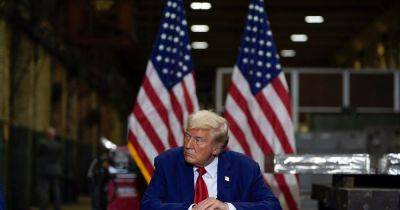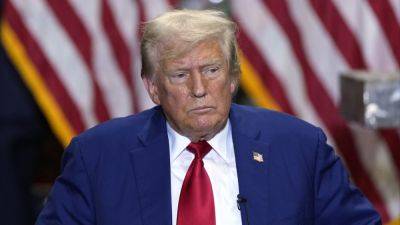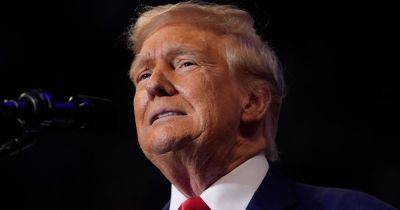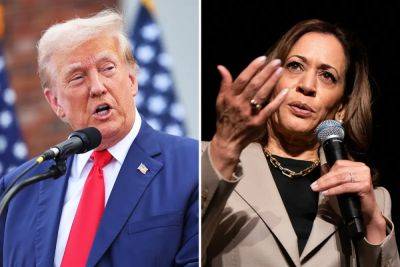Welcome To Campaign 2024, Where The Policy Details Don’t Matter
No matter what former President Donald Trump says, almost all economists see tariffs — charges on imported goods that must be paid for them to enter the country — as a tax, usually paid by the consumer .
That hasn’t stopped Trump from saying it is instead paid by the countries producing the goods. “It’s a tax on a country that’s ripping us off and stealing our jobs,” Trump said Saturday at a campaign rally at Wilkes-Barre, Pennsylvania.
A day later, his rival, Vice President Kamala Harris, was asked how she would pay for a raft of proposals she had made only days before that one budget group estimated would cost about $1.7 trillion over 10 years.
Speaking about two of her proposals, more generous child and earned income tax credits and payments to make housing more affordable, she insisted that the return on investment would mean it ultimately paid for itself.
“When you are strengthening neighborhoods, strengthening communities and in particular the economies of those communities and investing in a broad-based economy, everybody benefits and it pays for itself in that way,” Harris told reporters .
Admittedly, questions about the long-run value of the tax credits and trying to stir the housing market with government-subsidized down payments have no clear-cut answer. But the kind of accounting talked about by Harris — in which the value of the investment is its own return — is not recognized on Capitol Hill as a legit way to offset costs.
The episodes highlighted what many economists and Washington wonks fear is a further slide toward the ascendance of vibes-based campaigns where nitty-gritty, number-laden policy debate is irrelevant, at least in terms of economics.
“I’m old enough to remember when candidates were







